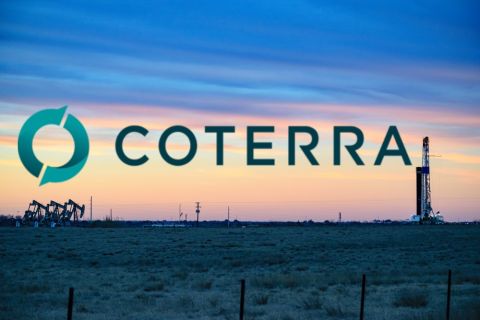[Editor's note: This article was updated at 10:55 a.m. June 9.]
Norwegian oil companies Aker BP and Equinor on June 9 said they would go ahead with several offshore projects, a day after politicians increased tax incentives for the industry.
The ruling minority government and the main opposition parties agreed June 8 to allow oil companies to shield temporarily part of their income from taxes to spur investments and save jobs.
Aker BP has awarded a 1 billion Norwegian crowns (US$106.44 million) contract to oil service firm Kvaerner to build an unmanned oil platform for the Hod Field in the North Sea offshore Norway.
The Norwegian billionaire Kjell Inge Roekke controls both Aker BP and Kvaerner.
Aker BP had previously decided to postpone the project, citing the need to preserve cash, after the COVID-19 pandemic crushed oil demand and lowered prices.
“The Hod development in the Valhall area is the first project to be launched as a direct result of the tax changes,” Aker BP said in a statement.
Majority state-owned Equinor said it would go ahead with investment totaling almost 1.5 billion crowns to connect its offshore installations at the Gina Krog and Sleipner fields in the North Sea to an onshore grid to cut carbon emissions.
Equinor on June 9 awarded oil service firm Aibel a 160 million crowns contract to electrify Gina Krog, and a 400 million contract to electrify Sleipner, projects that could provide hundreds of jobs.
Equinor said the tax changes, backed both by ruling and the main opposition parties, would stimulate investment and help to maintain activity in “a challenging period.”
The changes, however, have been criticized by environmentalists and some opposition parties, which said the country should have boosted investments in renewable energy instead.
Norway is western Europe’s biggest oil and natural gas producer, representing about 2% of global crude output.
($1 = 9.3947 Norwegian crowns)
Recommended Reading
Petrie Partners: A Small Wonder
2024-02-01 - Petrie Partners may not be the biggest or flashiest investment bank on the block, but after over two decades, its executives have been around the block more than most.
CEO: Coterra ‘Deeply Curious’ on M&A Amid E&P Consolidation Wave
2024-02-26 - Coterra Energy has yet to get in on the large-scale M&A wave sweeping across the Lower 48—but CEO Tom Jorden said Coterra is keeping an eye on acquisition opportunities.
Exxon, Chevron Tapping Permian for Output Growth in ‘24
2024-02-02 - Exxon Mobil and Chevron plan to tap West Texas and New Mexico for oil and gas production growth in 2024, the U.S. majors reported in their latest earnings.
Enbridge Advances Expansion of Permian’s Gray Oak Pipeline
2024-02-13 - In its fourth-quarter earnings call, Enbridge also said the Mainline pipeline system tolling agreement is awaiting regulatory approval from a Canadian regulatory agency.
Hess Corp. Boosts Bakken Output, Drilling Ahead of Chevron Merger
2024-01-31 - Hess Corp. increased its drilling activity and output from the Bakken play of North Dakota during the fourth quarter, the E&P reported in its latest earnings.





